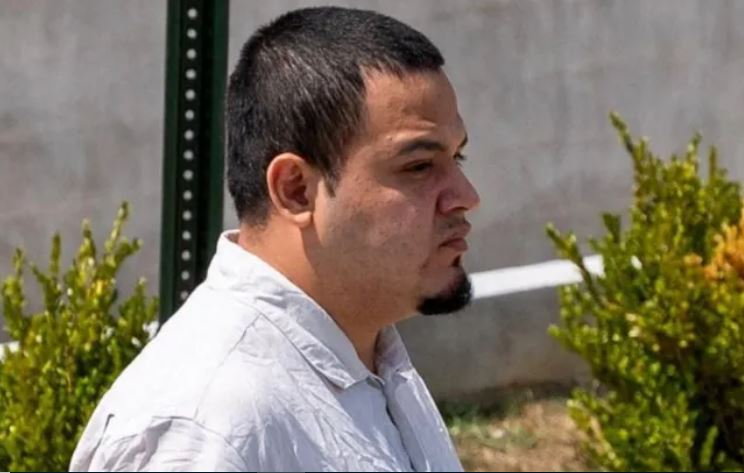The case of Kilmar Ábrego García, a Salvadoran immigrant at the center of a long-running legal and political controversy, has taken a new twist after U.S. authorities informed him that he could be deported to Uganda despite having no known ties to the East African nation.
Ábrego, 30, fled El Salvador as a teenager after gangs extorted his family and joined his brother, a U.S. citizen, in Maryland. He has since lived in the U.S. without legal status, working in construction and raising a family with his partner, Jennifer Vasquez Sura. Although an immigration judge previously granted him protection from deportation due to the risk of gang violence, his legal struggles have intensified over the years.
His troubles began in 2019 when he was detained outside a Home Depot on suspicion of MS-13 ties allegations he has consistently denied. Though never charged, he was handed to immigration authorities. Later, under the Trump administration’s aggressive anti-immigration stance, Ábrego was wrongfully deported to El Salvador in 2020, where he claims he was abused in prison. The U.S. Supreme Court later intervened, ordering his return.
Most recently, Ábrego has been facing human smuggling charges after a 2022 traffic stop in Tennessee in which he was found driving nine passengers. He has pleaded not guilty, and his lawyers argue the case represents selective prosecution. Prosecutors offered him a deal: plead guilty and accept deportation to Costa Rica, where the government has agreed to grant him refugee status.
But after he declined the plea, his attorneys say U.S. authorities warned he could instead be deported to Uganda under a little-known bilateral deportation agreement. “The DOJ, DHS, and ICE are using their collective powers to force Mr. Ábrego to choose between a guilty plea followed by relative safety, or rendition to Uganda, where his safety and liberty would be under threat,” his lawyers said.
Ábrego is now back in Maryland with his family and is due to appear in Baltimore immigration court on Monday. A judge’s ruling could determine whether he remains in the U.S., accepts deportation to Costa Rica, or faces the extraordinary prospect of being sent halfway across the world to Uganda.

